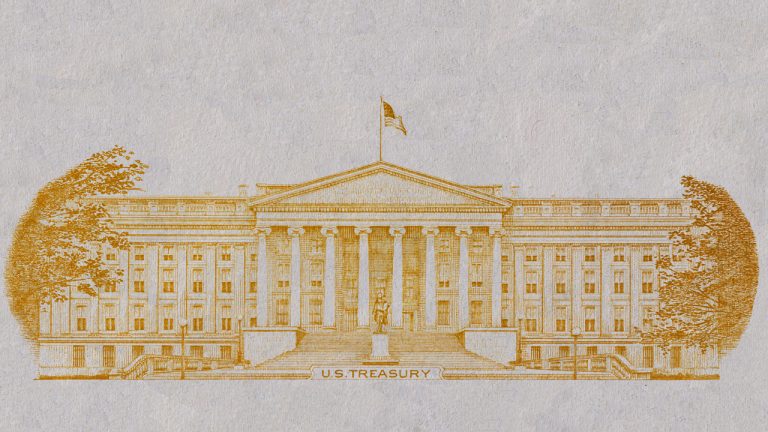
How have the regulatory and legal frameworks governing cryptocurrency fines transformed over the years, and what are the key trends and challenges?
It is a goal of many in the crypto industry to evolve the space and bring it into the mainstream, but the industry still faces constant criticism from and continues to be regulated by individuals who may not fully understand how it works. Regulatory bodies worldwide have been increasingly vigilant in addressing potential risks and ensuring compliance within the crypto space.
One notable aspect of this regulatory focus is the imposition of fines and penalties on individuals and companies involved in various crypto-related activities. Here’s how the landscape has transformed since 2018, leading to increasing regulation in 2023.

Increasing regulatory scrutiny
Since 2018, there has been a substantial rise in the number of regulatory actions and fines imposed on entities operating in the crypto sector, with the Securities and Exchange Commission in the United States and the Financial Conduct Authority in the United Kingdom strengthening their enforcement efforts with the aim to protect investors and maintain market integrity.
The expansion of regulatory frameworks, particularly those aimed at cryptocurrencies, has been a prominent development in 2023. They often include provisions related to Anti-Money Laundering (AML) and Know Your Customer (KYC) requirements, investor protection, and disclosure obligations. Implementing these regulations has enabled authorities to take a stronger stance against noncompliant individuals and companies.

The shift toward an individual-focused approach with a strong interest in the crypto sector has played a crucial role in driving the increase in enforcement actions and fines. By imposing fines on fraudulent activities, scams and unlawful touting, regulators aim to create a safer investment environment and deter bad actors from operating within the industry.
Notable cases and trends
Throughout this period, several high-profile cases have emerged involving celebrities, influencers and companies promoting cryptocurrencies without proper disclosures or engaging in fraudulent activities — such as those involving Floyd Mayweather Jr., DJ Khaled, Paul Pierce and Kim Kardashian. These cases have demonstrated the consequences of misleading the public regarding endorsements in the crypto space, serving as a wake-up call for both regulators and investors and highlighting the importance of transparency and due diligence.
Explore the Crypto Fines Database by Cointelegraph Research
Additionally, the rise of initial coin offerings a few years ago led to a surge in regulatory actions targeting projects that failed to comply with securities laws. Many ICOs were deemed unregistered securities offerings, resulting in fines, penalties, and even the shutdown of specific projects.

Implications
The landscape of crypto fines has changed substantially since 2018, reflecting the industry’s growing maturity and increasing regulatory scrutiny. Heightened enforcement efforts, expanding regulatory frameworks, and a focus on crypto users signify a shift toward a more regulated, responsible crypto ecosystem.
Regulations are continually tightening and evolving rapidly, with an increasing emphasis on AML/KYC compliance; hence, it’s vital to stay aware and navigate this changing landscape effectively. Cointelegraph Research’s comprehensive Crypto Fines Database is available to assist in ensuring compliance and avoiding potential fines by providing insights into the evolving regulatory environment. Learning from the past and staying proactive helps foster a more secure, trustworthy crypto ecosystem for all participants.
The opinions expressed in this article are for general informational purposes only and are not intended to provide specific advice or recommendations for any individual or on any specific security or investment product.














